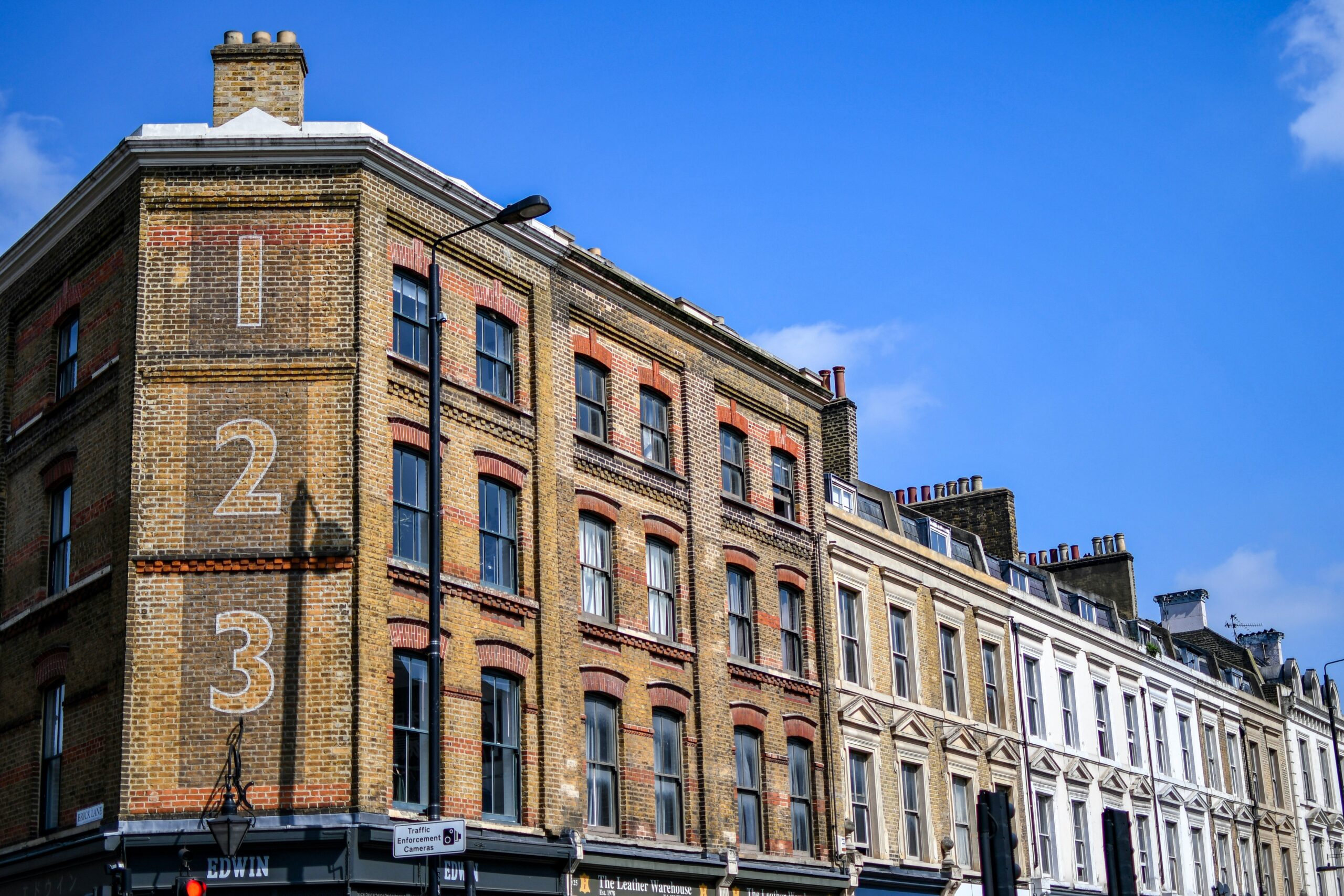
If you’re in the process of buying a home in London, you’re probably wondering whether you need a building survey. While the costs of purchasing a home are high, a building survey is an investment that can save you from unforeseen costs down the line. But what exactly does it involve, and is it really necessary for your London property? Let’s explore why opting for a building survey could be your smartest move.
What is a Building Survey?
A building survey, also referred to as a home survey, is a detailed inspection of a property’s condition. It offers the most comprehensive option among the available survey types, examining all visible and accessible parts of the building. This survey is particularly beneficial for older or modified properties, homes showing signs of wear, or those with suspected defects.
Why Are Building Surveys Important in London?
The architecture in London ranges from centuries-old period homes to new builds, and many buyers are drawn to the city’s historic properties. London’s housing stock includes Victorian and Georgian houses, Art Deco flats, and converted industrial spaces, each with unique characteristics. However, older buildings are often susceptible to wear and tear due to age or renovations carried out over decades and new modifications might not always have been done to modern standards.
A building survey takes all these elements into account. Its focus is on uncovering structural issues, identifying potential hazards, and providing an assessment of repair and maintenance needs. This can include everything from checking the foundations to inspecting the roof, walls, floors, and even built-in fittings.
Revealing Hidden Defects in London Homes
When purchasing a property, the last thing you want is to be met with unexpected problems that require immediate and costly repairs. This is particularly true in London, where the charm of period properties is often accompanied by hidden structural challenges. Common issues that a building survey can uncover include:
- Damp and Timber Decay – Many older homes in London were built with traditional construction techniques, making them prone to damp. Victorian and Georgian houses, for instance, often have solid walls without modern insulation. Damp-related issues can lead to rotting timber, mould growth, and weakened structures. A building survey can identify signs of moisture ingress and its severity, enabling you to assess the cost of repair.
- Subsidence and Structural Movement – London’s mixed soil types and history of damage from World War II have left many buildings susceptible to structural shifts. Properties built on clay-heavy soil, common in North and West London, are more likely to experience subsidence—where the ground beneath a building begins to sink, causing cracks and foundational movement. A building survey will inspect for signs of movement and identify if further investigation is needed.
- Roof and Chimney Problems – Older homes often have traditional tiled roofs and chimneys, which deteriorate over time. Weather damage, loose slates, and chimney stack decay can lead to water leaks or safety issues. A surveyor’s expertise helps uncover these risks, offering insights on necessary repairs to protect your investment.
- Outdated or Unsafe Installations – The building standards of the 19th and early 20th centuries were very different from today’s requirements. Older properties may have outdated electrical wiring or plumbing that needs replacement for safety and efficiency. Modern regulations around electric and water supply can significantly differ, and a surveyor can advise you if extensive upgrades are necessary.
Comprehensive Insight and Peace of Mind
A building survey provides an in-depth understanding of your property’s condition, which can be crucial if you’re buying a home in London. Unlike basic surveys that only highlight visible issues, a full structural inspection covers everything from major defects to minor maintenance concerns. This thorough approach not only provides reassurance but also helps in planning and budgeting for future repairs and renovations.
For buyers looking at period homes, converted industrial spaces, or properties in need of refurbishment, a building survey is often the best option. It dives deep into structural integrity, potential safety hazards, and all critical areas of the property, ensuring there are no surprises down the road.
Negotiating Power Based on Findings
Another significant benefit of a building survey is that it equips you with detailed knowledge about the property’s condition, giving you leverage during price negotiations. For instance, if the survey identifies issues like rising damp, roof defects, or insufficient insulation, you can negotiate a lower purchase price or ask the seller to fix these problems before finalising the sale.
If the findings reveal substantial repairs are needed, a survey can also guide your decision on whether to move forward or reconsider your offer. Investing in a property with major defects might not align with your budget or future plans, and it’s essential to make this decision with a full understanding of the property’s state.
Who Should Consider a Building Survey?
When deciding whether to commission a building survey, consider the following factors:
- Age and Type of Property: If you’re buying an older property or one with unique features, a building survey is usually the most suitable choice. Period homes in London, such as Victorian terraces or Georgian townhouses, are particularly prone to hidden structural issues.
- Extent of Modifications: Homes that have undergone substantial modifications or extensions may require an in-depth inspection to ensure the work meets current standards and hasn’t compromised the building’s integrity.
- Suspected Defects: If you or your estate agent have noticed visible defects like cracks, damp patches, or sagging floors, it’s advisable to opt for a more comprehensive survey.
Although a building survey is one of the more expensive survey options, it can be invaluable, especially for older or unique London properties. It offers a comprehensive insight into the property’s structural condition, identifies hidden defects, and provides you with the knowledge to negotiate or plan repairs effectively. Ultimately, investing in a building survey is about safeguarding your financial commitment and ensuring you’re fully aware of the home you’re buying. To book your survey with our expert team, simply get in touch. We’ll find an appointment that suits you and get you started with your new property.
